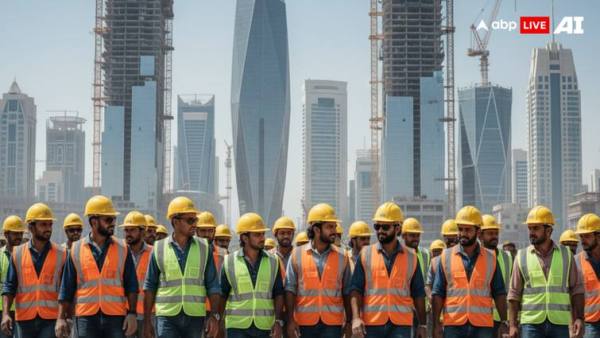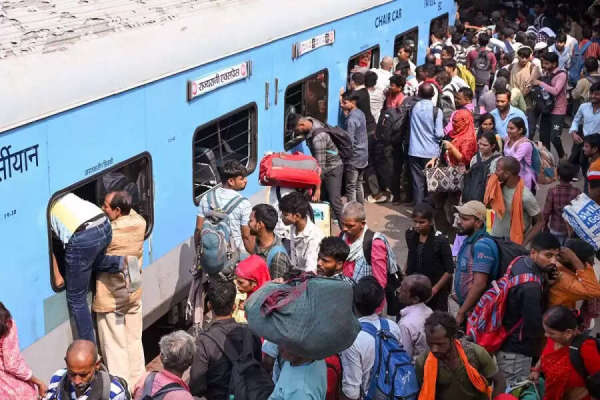
In a historic move, Saudi Arabia has officially abolished its decades-old Kafala (sponsorship) system, a decision that promises to transform the lives of millions of migrant workers across the kingdom. Announced in June 2025, the sweeping reform marks a turning point in the country’s approach to labour rights and migrant welfare. Nearly 13 million foreign workers, most from South and Southeast Asia, are expected to benefit from the change.
What Was The Kafala System?
Derived from the Arabic word for 'sponsorship,' Kafala became synonymous with the power dynamic that governed migrant employment across the Gulf for generations. The system gave employers near-total authority over their workers, from approving job changes to deciding whether they could leave the country or seek legal help.
Introduced in the 1950s to manage the influx of cheap foreign labour that fuelled the Gulf’s oil boom, the Kafala model bound each migrant to a local sponsor, or Kafeel. This sponsor controlled the worker’s residency, legal status, and employment, effectively tying their livelihood and freedom to a single individual or company.
A System Ripe For Abuse
Over the years, the system drew widespread condemnation for enabling exploitation. Employers could confiscate passports, delay or withhold salaries, and restrict movement, often without fear of repercussions. Without a sponsor’s consent, workers were unable to switch jobs, travel home, or report mistreatment.
Human rights groups repeatedly described Kafala as a form of "modern-day slavery," arguing that it stripped migrants of basic freedoms and legal protection.
Mounting International Pressure
Global outcry against the Kafala system intensified in recent years. The International Labour Organization (ILO), along with several human rights NGOs, accused Gulf nations of perpetuating forced labour and human trafficking under the guise of sponsorship.
Saudi Arabia, home to roughly 13.4 million migrant workers, nearly 42 percent of its total population, has long relied on foreign labour to sustain its domestic, construction, and agricultural sectors. Workers from India, Bangladesh, Nepal, and the Philippines formed the backbone of these industries, often enduring harsh working conditions and limited recourse.
Domestic workers, particularly women, were among the most vulnerable. Many lived in isolation, faced excessive workloads, and had little or no access to legal aid. Reports from international watchdogs documented widespread cases of unpaid wages, verbal and physical abuse, and confinement.
The kingdom’s decision to dismantle the system follows years of international scrutiny and echoes reforms undertaken by neighbouring Qatar, which overhauled its labour laws ahead of hosting the 2022 FIFA World Cup.
What The Reform Means For Migrant Workers
The abolition of the Kafala system is part of Crown Prince Mohammed bin Salman’s Vision 2030, an ambitious blueprint aimed at modernizing Saudi Arabia’s economy, reducing reliance on oil, and improving its global image.
Under the new contract-based employment model, migrant workers will enjoy greater freedom and independence. They will now be able to change jobs without needing their employer’s permission and leave the country without an exit visa, a major step toward ending years of restrictive mobility.
Additionally, the reform expands access to labour courts and complaint mechanisms, giving workers a safer path to report abuses and seek justice.
By aligning its labour policies with international standards, Saudi Arabia hopes to not only protect vulnerable workers but also attract global talent and foreign investment, key pillars of its long-term economic transformation plan.
-
Has your Aadhaar-linked mobile number been disabled? How to easily add a new one?

-
UPPSC Recruitment 2025: A golden opportunity for a government job, vacancies for several positions in UP. read the details.

-
Meta's big move! Parents will now be able to monitor their children's accounts; learn about the changes in the new parental controls.

-
Chatting on WhatsApp and Instagram will be safer, as Meta introduces new tools to prevent scams.

-
Puja Special Trains: Where are the Railways' 12,000 Puja Special Trains operating across the country? See the full list.
